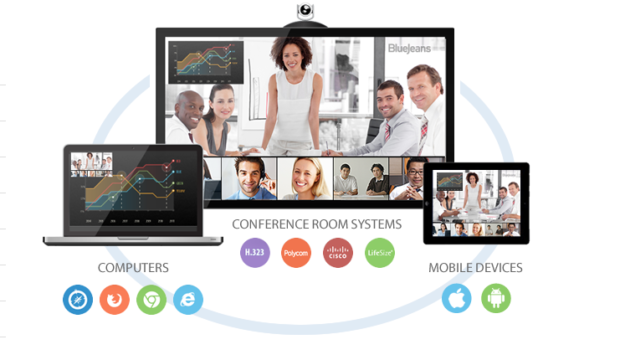Three Ways to Fight Zoom Fatigue

At the beginning of the COVID-19 pandemic, employees were expected to become masters of virtual communication, with zero time to adjust. Many of us relied on virtual communication to continue our day-to-day operations, including schools, businesses, even courthouses, and this technology quickly became another source of stress and anxiety.
Have you ever felt mentally exhausted after back-to-back virtual calls? If so, you’re not alone. According to Psychology Today, Zoom fatigue describes the tiredness, anxiety, or worry resulting from overusing virtual platforms.
While video calls seemed like a great solution to remote work, Zoom fatigue is taxing on the mind. In addition to staring at a computer or laptop screen for longer periods of time, you may also find yourself glaring at your own appearance or fellow coworkers during meetings (and vice versa) as opposed to just watching the speaker. This can also be a major contributor to your Zoom fatigue since you don’t overanalyze your appearance as much during in-person meetings. Overall, it is unnatural to have prolonged eye contact and someone’s enlarged face extremely close to you.
Small Talk
Whether you’re leading a meeting or attending one, you know how the routine goes. Small talk for a bit then jump into business. The process is entirely predictable and mundane. Next time you’re leading a meeting, consider kicking off your virtual meeting in a different way.
Start off a call or virtual meeting with new questions such as what’s the best thing that’s happened to you this week? What’s your favorite movie and why? And then give yourself a little time to chat about the personal stuff, don’t hurry into the business. By asking different questions other than the usual small talk, you will keep attendees engaged. You also build rapport with fellow employees and/or teammates.
Building connections with those you work with is important. And in order for people to build trust, they need to perceive similarities. This is why small talk is so important, it greases the wheels of communication and sets up chemistry. Rapport building is also closely associated with building trust and credibility. This is about the other party feeling that you have their best interest at heart and/or your intentions are genuine, along with you having the skills/knowledge to do the job/manage the project/lead people.

Change Things Up
You can also try to switch the type of calls. If you typically host a one-hour video meeting but there are no visuals, switch to phone calls. This is a best practice from many successful leaders that have managed remote companies for years (doing it well before COVID). Have you tried walking meetings? Switch one conference call a week to a walking meeting. This will give everyone a break from their computers and laptops and a chance to head outside for some fresh air. A change of scenery is always refreshing, whether you’re on a weekly followup meeting or taking a few minutes on your lunch hour.
Video and Zoom calls that require computer use can lead to increased eye strain. Because working from home often leads to more screen time, it’s important to make sure your eyes get the rest they need. Try the 20-20-20 rule. For every 20 minutes you spend looking at a screen, take 20 seconds to look at something 20 feet away. If you can take calls via phone and head out on a walk, this can certainly help give your eyes the rest they need.
Finally, if you get the chance to, try to end a meeting a couple minutes early. Offer a 45-minute meeting. Or ending them early, so they get a chance to decompress, walk around or get a break. Back-to-back Zoom meetings and other consecutive tasks can contribute to fatigue and exhaustion. Everyone needs a mental break.
This guest post was authored by Andres Lares
Andres is the Managing Partner at SNI. He previously served the role of Chief Innovation Officer. His multi-disciplinary and lingual skills broaden SNI’s ability to effectively teach and consult in a wide range of industries, languages, and cultures.
Andres Lares newest book is Persuade: The 4-Step Process to Influence People and Decisions. It will be released on July 7th, 2021 https://www.shapironegotiations.com/resources/books/persuade/

